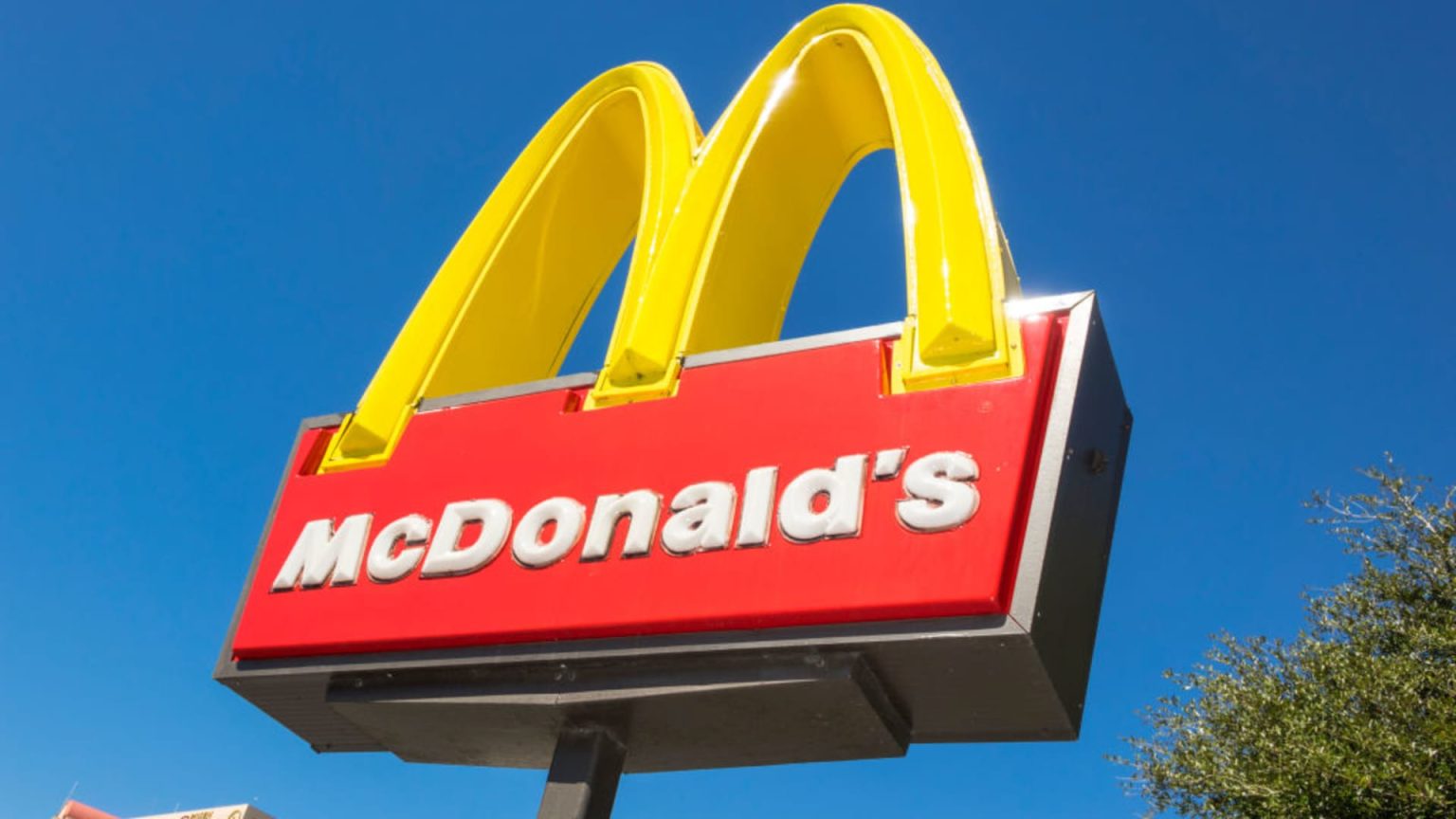McDonald’s announced that it signed a deal to purchase all 225 of its restaurants in Israel, which have been owned by Alonyal Limited for over 30 years. The decision came after months of significantly lower sales due to a pro-Palestinian boycott amid the Israel-Hamas war. The agreement includes McDonald’s acquiring all of Alonyal Limited’s restaurants and operations, with employees retained on equivalent terms. This move follows McDonald’s reporting its first revenue miss in nearly four years in February, largely as a result of weak sales growth in the Middle East region.
The boycott action against McDonald’s in Israel was sparked by the move from Israel’s franchise branch to provide free meals to Israeli soldiers deploying to Gaza following terror attacks led by Hamas on October 7th. This led to consumers worldwide, particularly in Arab and Muslim-majority countries, boycotting the brand over perceived support for Israel. McDonald’s CEO Chris Kempczinski acknowledged the significant negative impact on the company’s Middle East market and areas beyond due to the war and what he described as “associated misinformation” about the company. The decision to purchase all of its Israel restaurants is seen as a strategic move to address these challenges and overcome the impact of the boycott.
The acquisition of all McDonald’s restaurants in Israel marks a significant shift for the American fast-food chain, as it aims to strengthen its presence in the region and improve sales growth. The decision to purchase Alonyal Limited’s restaurants and retain employees on equivalent terms reflects McDonald’s commitment to its workforce and operations in Israel. The move comes amidst ongoing tensions in the region, with the company facing challenges from boycott actions and misinformation regarding its business practices.
McDonald’s strategy to purchase its Israel franchise aims to address the declining sales and negative impact of the boycott in the Middle East market. The move is part of a broader effort by the fast-food chain to reposition itself in the region and rebuild consumer trust. By acquiring Alonyal Limited’s restaurants and operations, McDonald’s signals its commitment to maintaining its presence in Israel and overcoming challenges related to political tensions and consumer sentiment. The decision reflects the company’s determination to navigate difficult geopolitical environments and adapt its business strategy to changing circumstances.
The decision to purchase all McDonald’s restaurants in Israel comes at a crucial time for the American fast-food chain, as it seeks to recover from the impact of the boycott and misinformation surrounding its business practices. By taking control of its operations in the region, McDonald’s aims to regain market share, rebuild relationships with consumers, and improve sales growth. The acquisition of Alonyal Limited’s restaurants signals a strategic shift for the company, as it navigates complex geopolitical dynamics and works to restore its reputation in the Middle East market.
In conclusion, McDonald’s decision to purchase all of its restaurants in Israel represents a strategic move to address declining sales and negative impact from boycott actions. The acquisition of Alonyal Limited’s restaurants signals the company’s commitment to maintaining its presence in the region and rebuilding consumer trust. By retaining employees on equivalent terms and strengthening its operations in Israel, McDonald’s aims to overcome challenges related to political tensions and misinformation. The move reflects the company’s determination to navigate difficult geopolitical environments and adapt its business strategy to changing circumstances.


